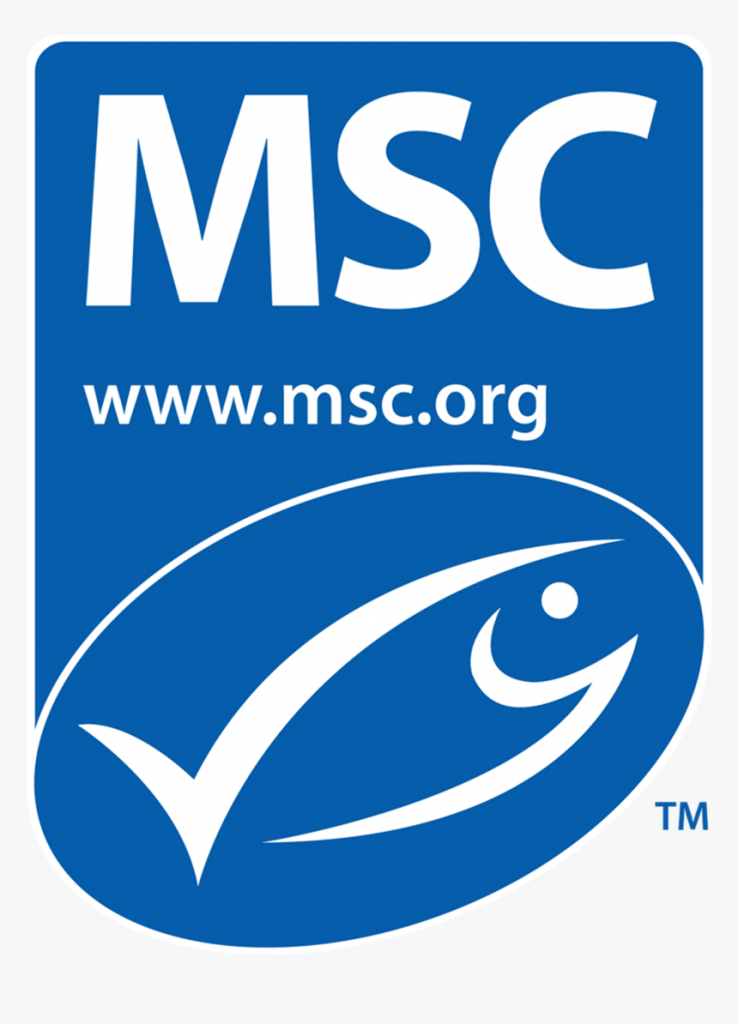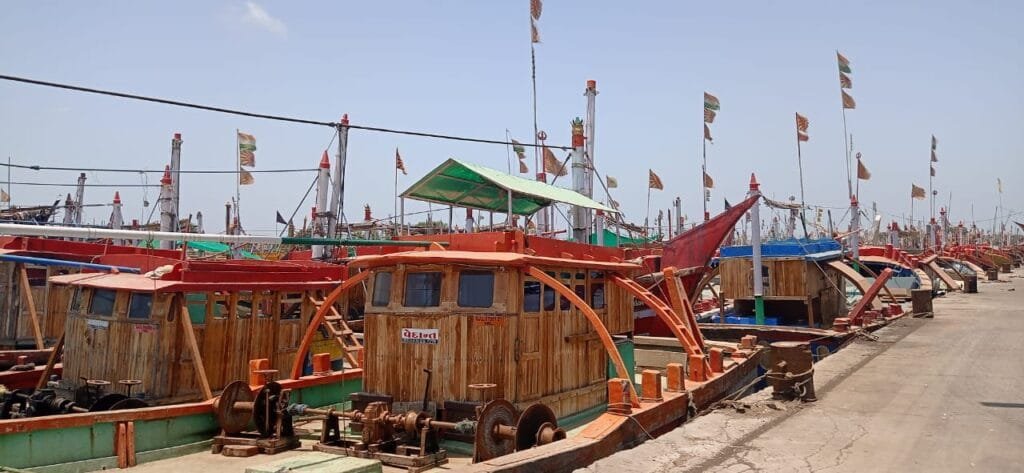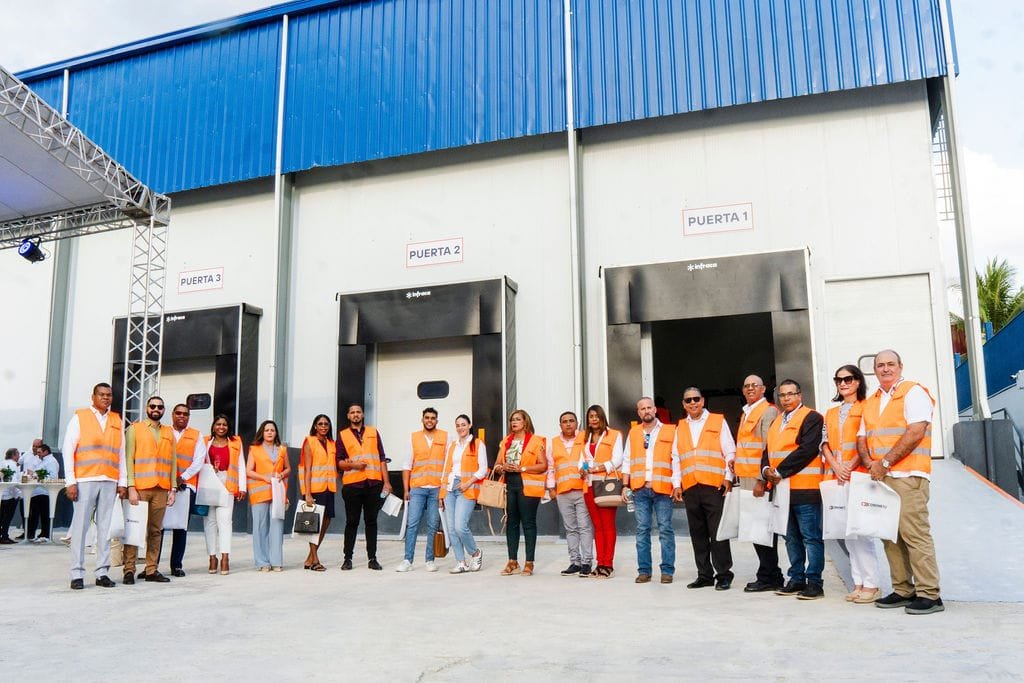What is the Marine Stewardship Council (MSC)?

What is the Marine Stewardship Council (MSC)?

As consumers, we are becoming more aware of the purchasing decisions we are making. With our cleaning products, our clothing, and especially our food. Some labels are meant to persuade you to believe the product is “good for you” or “sustainable” but are not much more than a good marketing campaign. How can you tell the difference?
MSC stands for Marin Stewardship Council, which is an independent non-profit organization dedicated to the improvement of fisheries around the globe. They have a standard set of criteria that a fishery must comply with before being awarded an MSC certified label.
MSC certification is based on 3 main criteria:
- Sustainability of target fish stock
- Ecosystem integrity
- Effective fishery management system
A third-party audit is conducted by to determine if a fishery has met the standard. The third-party is not affiliated with MSC to prevent any conflicts of interest. Occasional audits determine if a fishery can continue to use the label.
MSC vs. ASC
MSC is only for wild-caught fish. The Aquaculture Stewardship Council, or ASC, is for the certification of farmed fish. Also founded by the World Wildlife Fund (WWF), they use 7 different criteria to determine if a farm can be certified:
- Legal compliance with national and local laws and regulations
- Preservation of natural habitats, local biodiversity, and ecosystem
- Preservation of the diversity of the wild population
- Preservation of water resources and quality
- Responsible use of feed and other resources
- Improved fish health and controlled and responsible use of antibiotics and chemicals
- Farms to be socially responsible toward their workers and the local community
ASC criteria is known to be stricter than MSC in the areas of social responsibility, where the MSC label does not have such standards.
Is MSC certified a good thing?
Some of the main critiques of the MSC certification system in recent years have been surrounding the lack of standards when it comes to social responsibility, traceability, and the relaxation of other standards that have allowed companies easier “access” to the certification label for monetary incentives.
Ultimately, while the MSC standards may fall short of addressing all the ethical and environmental issues in the seafood industry, it is a good start. You can rest assured that any item with an MSC label has met at least the minimum standard criteria for sustainability, but we all still have work to do.
There are other ways companies like NETUNO are working to improve the fisheries we work with and the overall environment and that is through Fishery Improvement Projects, or FIPs for short. Check here to learn more about FIPs.






